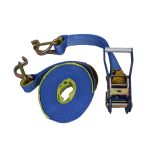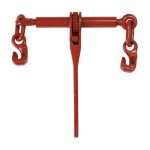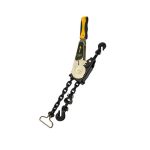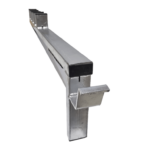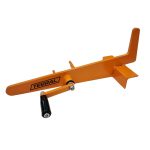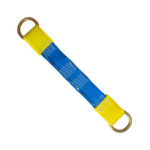Logistics specialists and pallet manufacturers have noticed a huge shortage of pallets in the market. This has been attributed to the coronavirus pandemic which affected many sectors in different ways, including the timber industry.
The coronavirus pandemic has affected many sectors in different ways and for the timber industry, it meant a shortage in pallets.
Pallet suppliers have been forced to reduce their production capacity by as much as 50% due to increased demand from other industries like food and beverage, chemical, and pharmaceutical companies.

According to logistics specialists and pallet manufacturers, a surge in demand for timber has led to a shortage of pallets. This has resulted in some suppliers struggling to keep up with the demand for their products.
Demand for timber has risen during the coronavirus pandemic, due to an increased number of home renovations requiring timber as a building supply. Timber is used to build new pallets and repair existing pallets. So a shortage of timber has resulted in few new pallets being made, and existing pallets not being repaired.
With the COVID-19 lockdown laws, some parts of the manufacturing sector were closed. This has been done to prevent the spread of this deadly virus and its spread in other countries around the globe. The lockdown laws have been in place since 2020 when it was first discovered that an outbreak had occurred on Earth.
 Hoarding is a problem for the timber industry, logistics sector, and manufacturing sector. It’s also a problem for transport as pallets are a vital part of how goods are transported around Australia.
Hoarding is a problem for the timber industry, logistics sector, and manufacturing sector. It’s also a problem for transport as pallets are a vital part of how goods are transported around Australia.
According to Myfreight, many businesses are fearful that pallet scarcity will prevent them from being able to operate at full capacity. To contest this, reports suggest that some businesses are retaining pallets, or moving them within their supply chain to maintain supply, rather than returning pallets to depots for redistribution.

The shortage of pallets is a serious issue and it has been affecting businesses in different ways. While some have had to shut down completely, others are forced to use alternative delivery methods which are more expensive. Businesses must find solutions so they don’t lose out on customers or revenue due to this shortage. According to Mr. Hampton (CEO of the Australian Forest Products Association) If there’s one good thing to come from supply pressures of these products, it’s that the federal and state governments need to work together to ensure supply security for the future.




